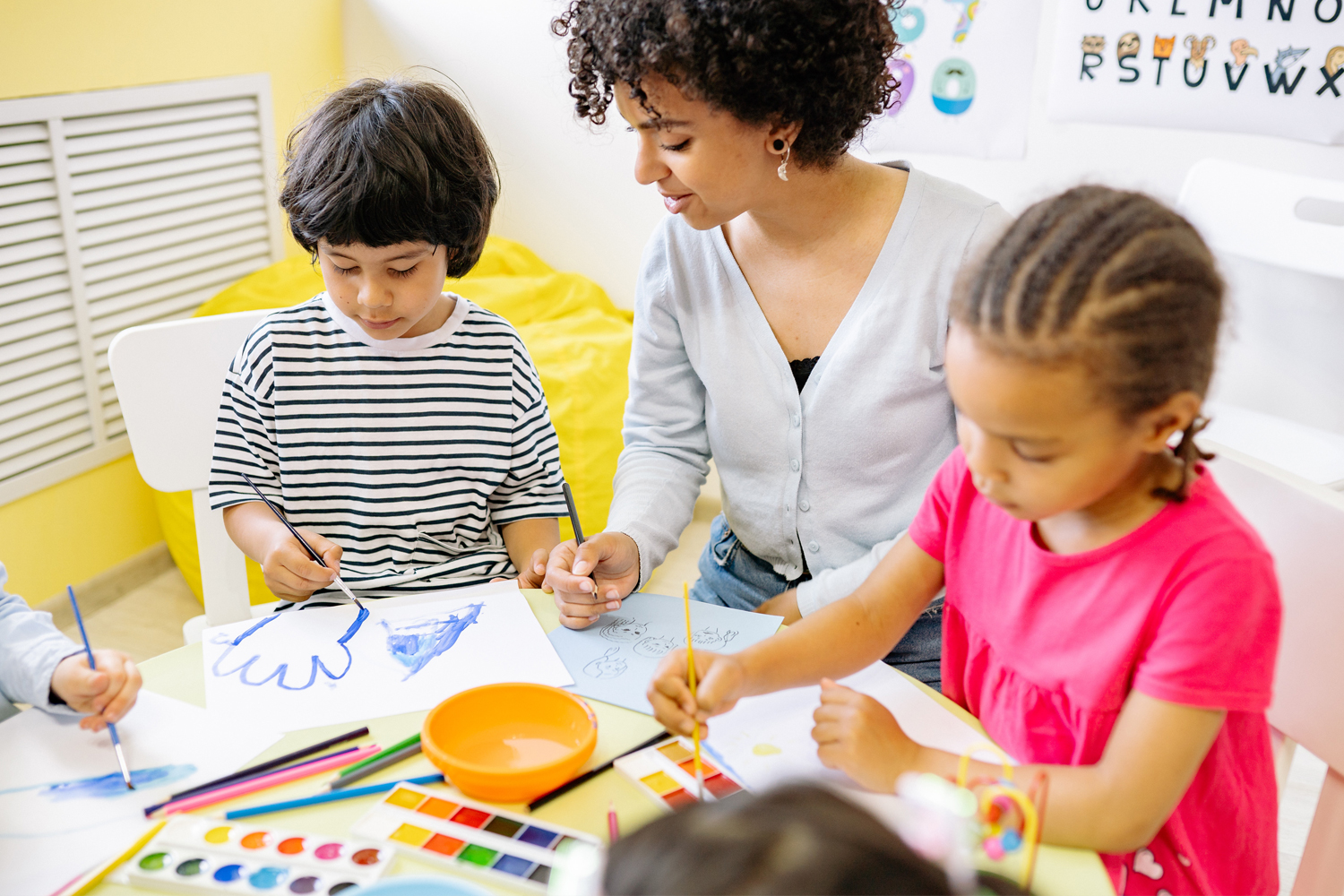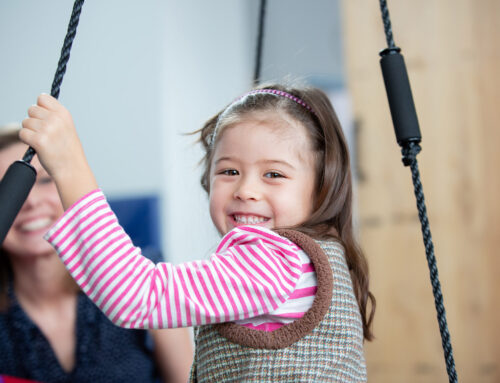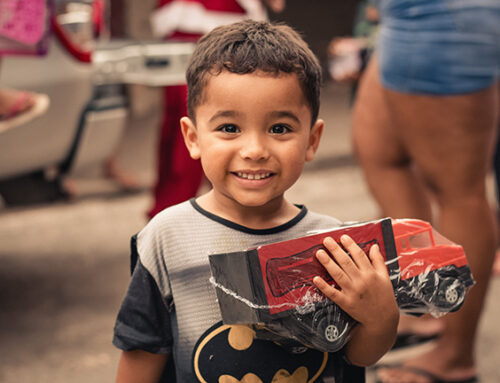Toilet training those with ASD is delayed, this is a stressful time for parents due to increase stress around normal milestones.
Research has suggested that 59% of children with autism have not mastered continence by age 3.5 years old (Macias, Roberts, Saylor and Fussell, 2006 cited in Call and Mevers, 2017).
When a child is toilet trained they must be able to do the following:
- Recognizes the need to go i.e. requests to go to the toilet independently.
- Waiting to eliminate before they get to the toilet.
Having the skills to complete all aspects of the toileting routine is very important. These are skills that your child continues to develop on a daily basis, they include: pulling pants up and down, sitting on the toilet, washing hands. Your child has multiple opportunities a day to complete these tasks. They can also be targeted with multiple disciplines that can promote these skills such as OT and ABA therapists.
Timeline for toilet training:
- Observe if your child to see if they show signs that they are wet/dirty- this could be pulling on lower garments or diaper, pointing to the area, saying toilet words, or signing toilet.
- Once they show these signs you can begin with toilet training pick a time scale between visits- recommended to begin with 30minutes-1hour.
- Use language when visiting the toilet First pee/poop Then (reward).
- Have your child sit for 3-5 minutes
- Practice pulling down and pulling up lower garments
- Once successful provide reward immediately
Tips for toilet training:
- Put a stool under their feet when using a normal-sized toilet, it makes the experience more comfortable.
- Provide a treat/reward for successful elimination. (Ensure the treat/reward is highly preferred and withhold for only toilet training prior to beginning).
- Use a data sheet to record successful elimination and to record accidents.
- Ensure the same procedures are completed across settings e.g if they attend daycare or other family members’ houses, ensure they follow the same structure.
- Provide a book, song, or visual timer when sitting on the toilet, this is helpful if your child doesn’t go straight away once they sit.
- Increase fluid consumption to increase opportunities for successful elimination.
Resources:
Book: Everybody goes poop on the potty
Reference:
Call, N.A. and Mevers, J.L. (2017) A multidisciplinary treatment for encopresis in children with developmental disabilities. Journal of Applied Behavior Analysis, 50. https://doi:10.1002/jaba.379

Blue Bird Day fosters socialization, sensory regulation, and pre-academic learning in children ages 2-7 years in therapeutic rotations that simulate preschool and kindergarten settings. Our compassionate therapists practice a relationship-based and family-centered approach, provide parent training, and collaborate on goals and individualized intensive treatment plans for your child.
We believe in a collaborative and multi-disciplinary team approach to therapy. A team of occupational therapists, speech-language pathologists, dietitians, developmental therapists, behavioral therapists, physical therapists, and therapeutic assistants are created for each child to ensure child and family are fully supported and the best possible results are achieved.
Options for individualized, group and virtual therapy sessions are available as well.
Want to learn more or you have a specific question? Feel free to connect with us here!



